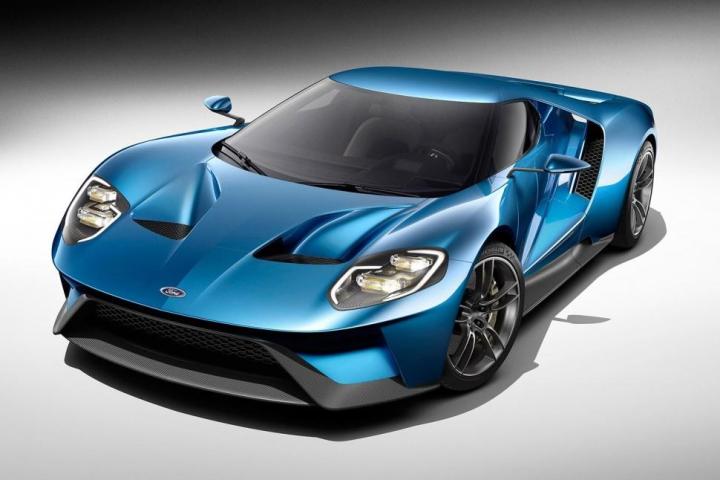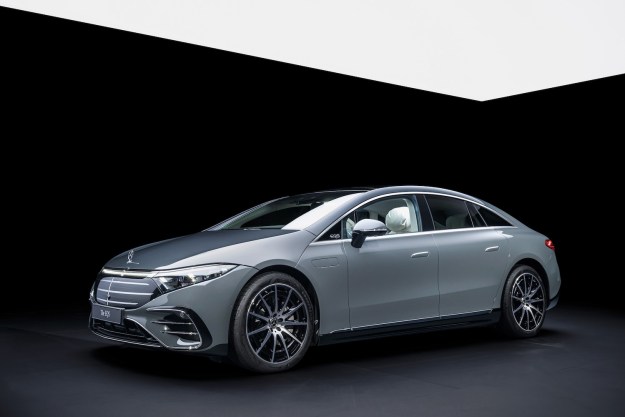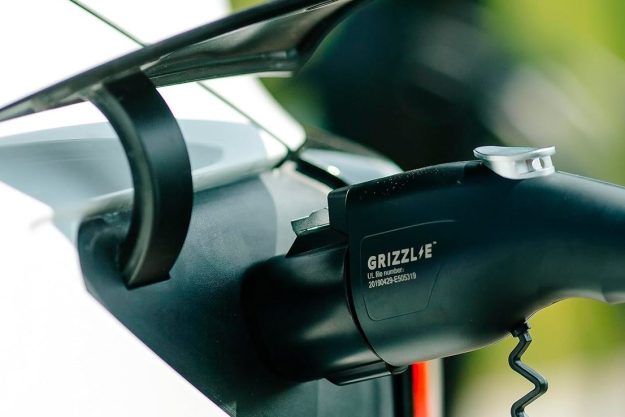
No, the lightweight medium is usually saved for vehicles with ‘sports’ or ‘super’ somewhere in their name, vehicles like the all-new Ford GT. The second-generation supercar is built around a carbon fiber monocque, and also uses the material in the body panels.
Building off the car’s positive reception at the 2015 Detroit Auto Show, Ford has announced a new collaboration to develop ‘low-cost, high-volume’ carbon fiber for automobiles.
The partnership involves carbon supplier DowAksa and will be a part of the Institute for Advanced Composites Manufacturing Innovation created by the U.S. Government. The newly commissioned group is part of the National Network for Manufacturing Innovation under the U.S. Department of Energy.

“Our collaboration with DowAksa and participation in this organization significantly boosts what we are able to achieve,” said Ken Washington, Ford’s VP of Research and Advanced Engineering. “We have a true alliance of highly talented people working to take automotive materials to the next level.”
And what exactly is the next level? Lower prices and greater availability, to put it simply, which could mean that even ‘regular’ cars could benefit from an improved power-to-weight ratio and better fuel economy without sacrificing significant strength.
Ford has been working with Dow Chemical, one half of DowAksa (the other is Aksa, naturally), since 2012. The broadening of the partnership’s spectrum could net many benefits, and Patrick Blanchard, a supervisor of Ford’s Composites Group, believes fuel efficiency will be the biggest of them.
“Our goal is to develop a material that can greatly reduce vehicle weight in support of improved fuel economy for our customers,” he said. “The flexibility of the technology allows us to develop materials for all vehicle subsystems across the product line, resulting in a weight savings of more than 50 per cent compared to steel.”
Ford and DowAksa will also invest in more efficient manufacturing techniques and new recycling processes.
Editors' Recommendations
- Google Fiber is bringing high-speed internet to five new states
- Ford gives Boston Dynamics’ high-tech robot dog Spot a job
- Ford pledges to become carbon neutral by 2050
- Volkswagen and Ford confirm partnership on electric cars, autonomous driving
- How GMC built a carbon-fiber truck bed that laughs at cinder blocks


